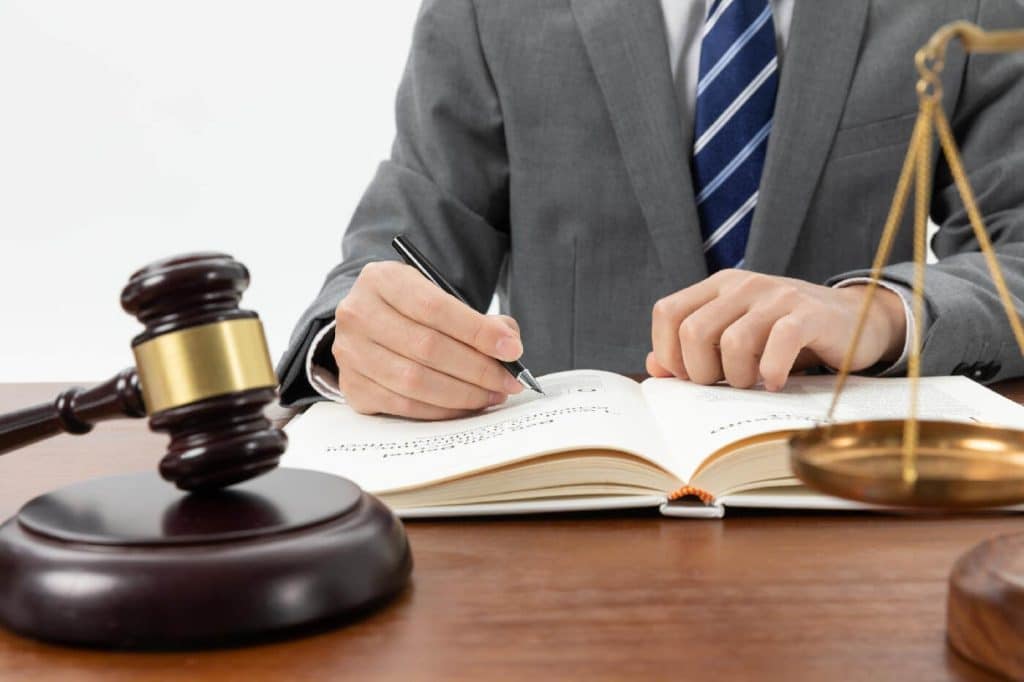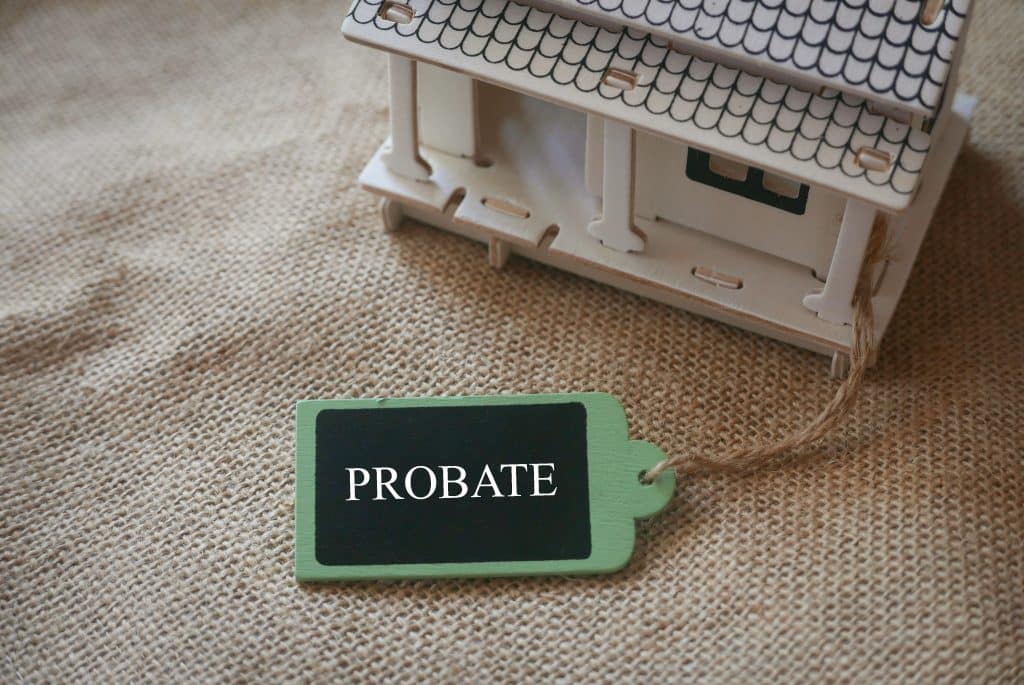
Getting Full Custody in the UK: What You Should Know
If you believe obtaining full custody of your child is in their best interests, it helps [...]
Read more









"*" indicates required fields
Please fill in the form below and a member of the team will get back to you as soon as possible. If you haven't heard from us after 24 hours please call 01244 506 444
"*" indicates required fields